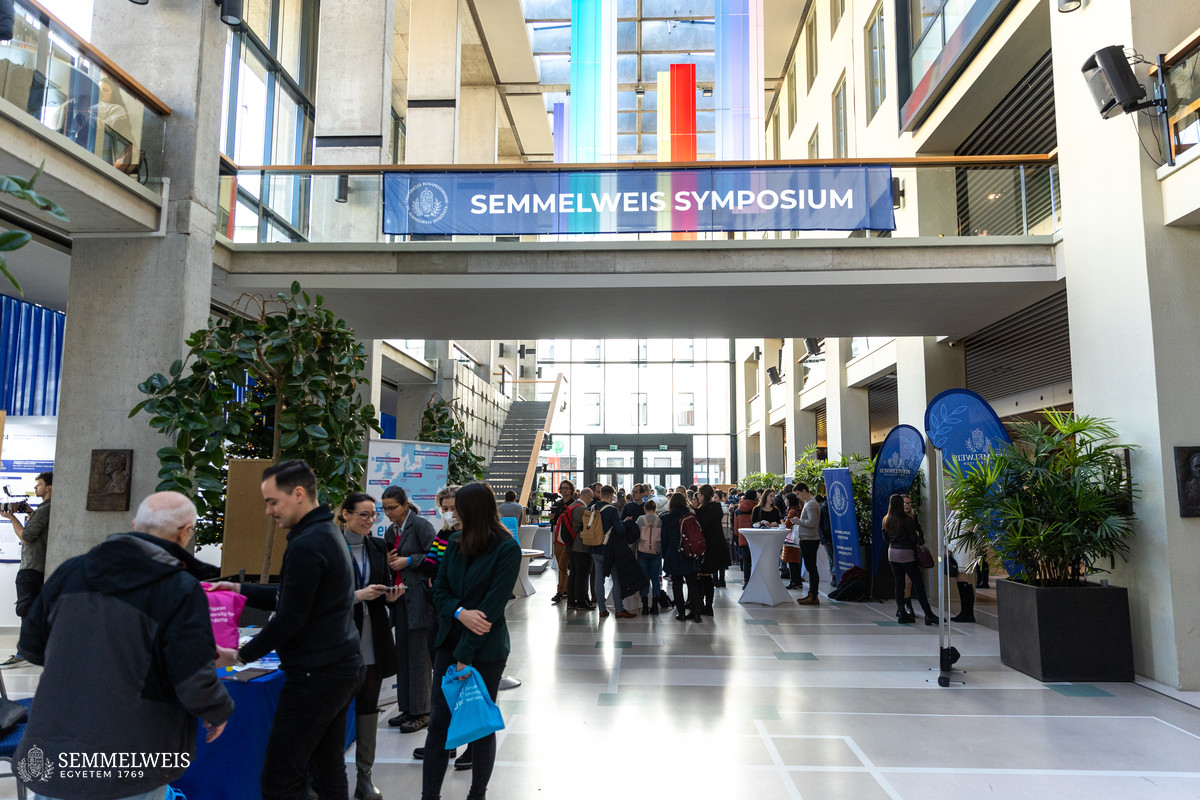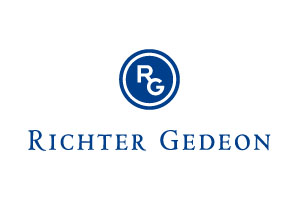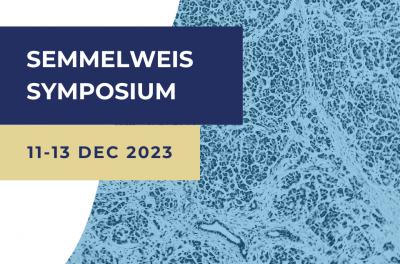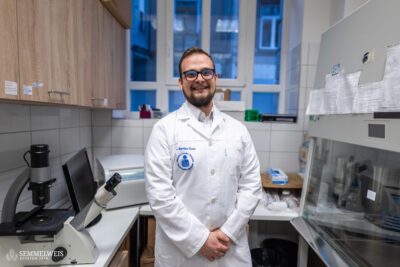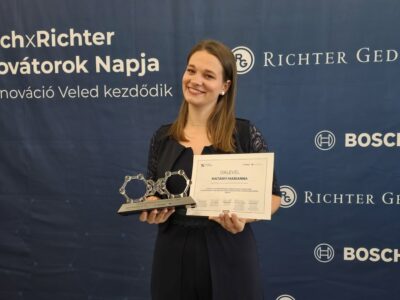Each year, the event is organized around a different topic, featuring the latest scientific advances and innovations in line with it, with talks by some of the most renowned international and Hungarian experts in the field. This year the symposium will focus on network medicine.
Cardiovascular diseases and cancer, which are the leading causes of death worldwide, are important examples of multifactorial diseases, that is, they are determined by the complex interaction of many genetic and environmental factors. Unravelling the complex mechanisms that lead to the development of such multifactorial diseases requires the collaboration of seemingly disparate disciplines, including mathematics, biostatistics, bioinformatics, genetics, molecular biology, and clinical sciences. A new branch of medicine, network medicine, was born out of the need for interdisciplinary coordination. It draws on the power of network theory to provide a unified framework for understanding the molecular biological processes involved in multifactorial diseases. Network medicine could thus be the key to preventing, diagnosing, and curing diseases hitherto considered incurable.
The event will feature 32 speakers in 9 sessions over 3 days. In the opening session, following a welcome address by Rector Dr. Béla Merkely, the two founders of the Network Medicine Alliance, Dr. Albert-László Barabási and Dr. Joseph Loscalzo, will give a brief introduction to network medicine and how the network works.
During the three days, participants will have the opportunity to learn about topics such as rethinking and repositioning medicines, the appropriate use of bioinformatics methods in network science, and the correct application of clinical phenotypes.
The opening session of the last day will start with a presentation on artificial intelligence and network medicine by Dr. Ijad Madisch, CEO and founder of Researchgate. The session will provide a great opportunity for attendees to learn about data-driven healthcare and corporate thinking.
Participation is subject to registration, which is open until November 8 at this link. The event will offer the opportunity to submit scientific posters this year as well, the deadline being October 31.
By participating in the event this year, doctors, pharmacists, and dentists based in Hungary will again earn 48 continuing education credits. PhD students will receive 1 credit point for participation, accepted poster abstracts are worth 2 credits, and the winner of the best poster award will earn 3 credits.
Sponsor:
Bernadett Bódi
Translation: Dr. Balázs Csizmadia
Featured image (illustration) by Attila Kovács – Semmelweis University
